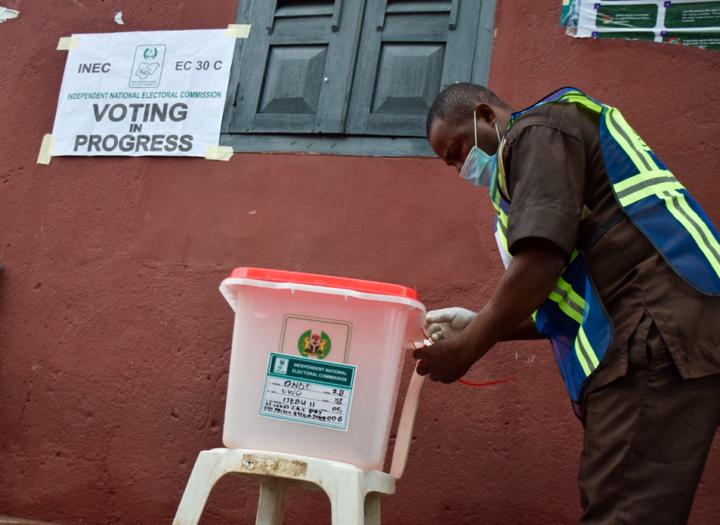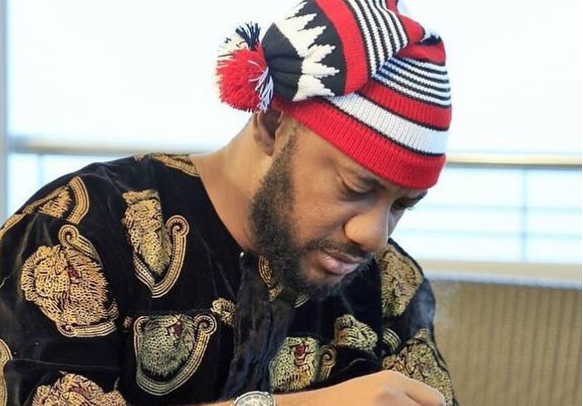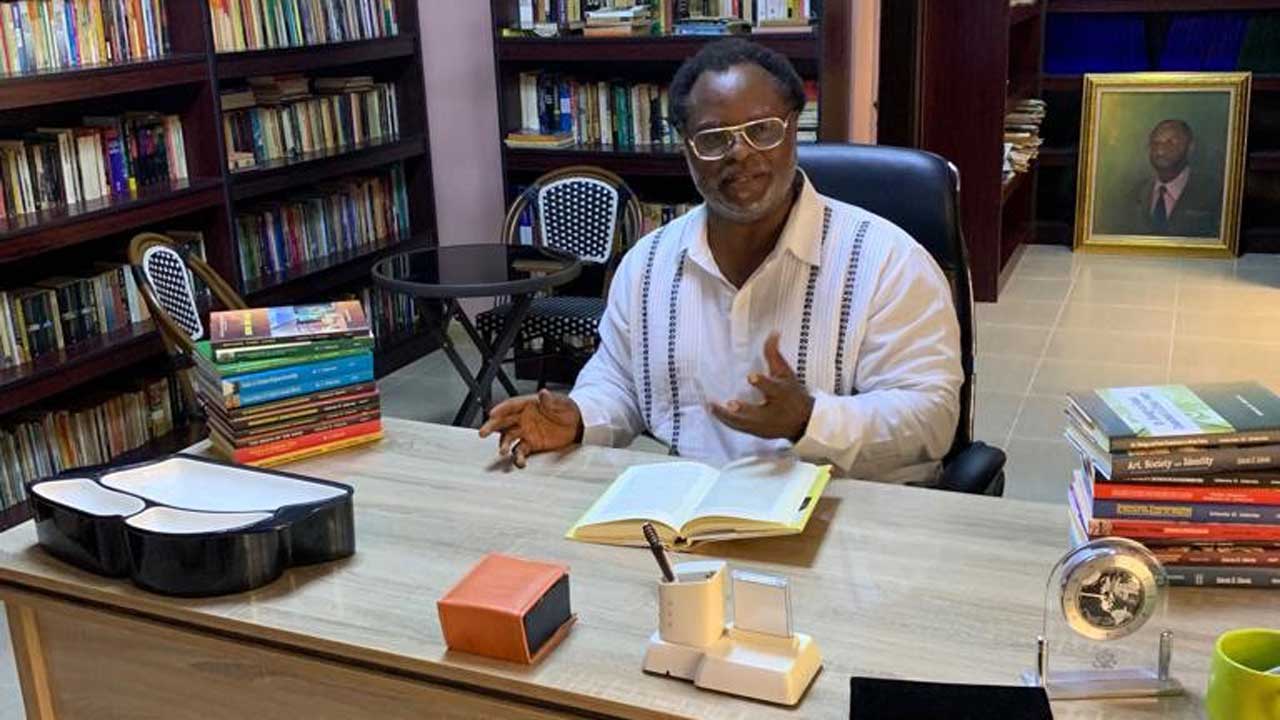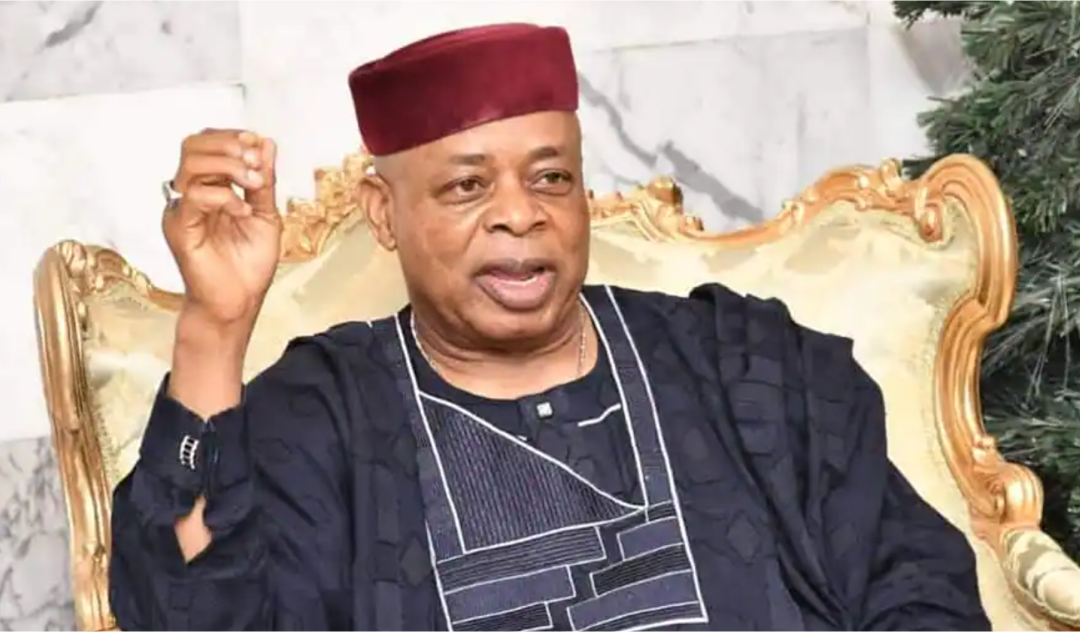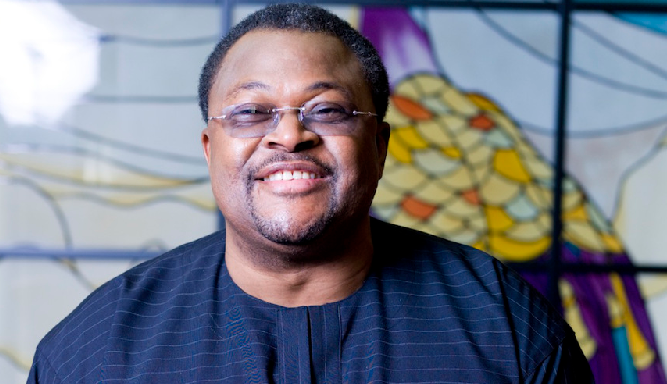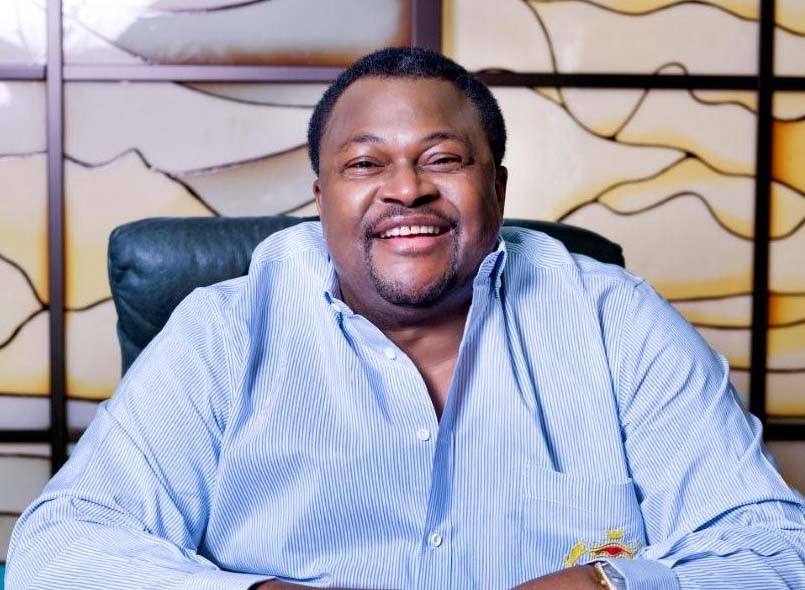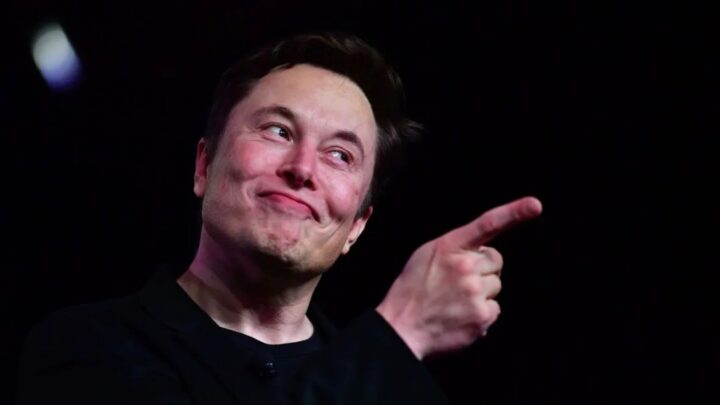BY KAREEM SHAMUSUDEEN
These are very familiar scenes: a vice-president suddenly realises blueprints to resurrect a crumbling nation after hiding it from his boss of seven years who recorded massive failure; a kingmaker wants the throne; ministers and governors are rallying for support; some people are pushing a failed ex-leader to declare for the presidency; obscure politicians are now finding voices, and promises too realistic to be fulfilled are being made. It’s 2022 but the theatrics for the general election come 2023 are in play. The didactics from these scenes reiterate that Nigeria, sadly, will fall to yet another selfish leader. But what could be done to avert the looming catastrophe?
Nigeria and Nigerians are tired of jamboree political leaders. This time, the country and its people are so divided so much that the slightest event can cause a much-foreseen catastrophe yet this is not a cause of concern for those who are expected to change the narratives. It’s either their selfish interests, party interests, ethnic jingoism, or nothing. Since 1999 when the country returned to democratic dispensation, the course of administration has not changed quite much from how it was left by the kleptocratic military rulers. Successive democratic governments have not got it right; with political leaders amassing wealth from one corruption scandal to another and jumping from one ruling party to another “for their sins to be washed away”. And Nigerians ask, “what has happened to our dividends of democracy?”
No doubt, the country is in its worst state. The security architecture is eroding as seen in recurrent insurgents’ attacks, kidnappings, and others. The economy is in crumbles. Government critics are getting arrested one after the other illegally and unjustly. The stakes are dangerously high, but what is the focus? Politicians are preparing to get recycled into power. All these indicators of poor governance and a failed democracy do not grasp their attention one bit. Perhaps, to them, the country is for them to milk and milk until it dries up.
Advertisement
Analysts and other concerned stakeholders have been vocal about why the country needs urgent intervention. Religious bodies have appealed for restructuring. Non-governmental organisations (NGOs) have pleaded similarly too. All of these efforts have proved abortive. A close observation of the country’s political affairs notes that the citizens are absent from the governance. It is their right to be equally involved but what has happened? Where did something go wrong? Citizen demonstrations against inept governance are seen as treason. This claim is obvious from the massacre of protesters at Lekki tollgate as well as other massacres that didn’t get the media attention that much. The citizens are in the shackles of their own government!
Owing to the uncertainty of where this country is headed, there have been calls for the general election not to hold next year. Some Nigerians are saying calamity is bound to be suffered if the elections go on. This would not be the first doom prophecy and certainly not the last if the same situation persists. Elections in Nigeria are marred by violence that includes massive rigging and many killings. Despite this, the Independent National Electoral Commission (INEC) would still announce the winners of the elections. There would be demonstrations; security operatives would take the streets to quell demonstrations; calm will be forcibly restored; nothing will change; hence, the dangerous course recycles.
As Nigerians watch with perplexed interest the fate of their country, politicians declaring for the presidency have consistently courted President Muhammadu Buhari for victories. Perhaps the worst leader Nigeria has ever had, Buhari often takes pleasure in observing reticence in the event of crisis and treating its citizens with high-handedness.
Advertisement
The intentions and messages (of these politicians) passed across are very clear: they don’t need the masses to assume leadership. Adebayo AbdulRahman, a freelance journalist, brilliantly captures this trend in his article titled “2023: 10 Paragraphs On Osinbajo, Tinubu And The Rest Of Us”. He said for instance of Osinbajo: “So when Osinbajo described Buhari as a “patriot” and expressed his intention to “continue the good works” of the current administration, he was not appealing to the Nigerian populace. Not even you. Yes, you. He was appealing to the more important political structure of his principal, the president. Osinbajo understands that at the moment, he needs the president’s support more than that of outraged Nigerians. Sad, right?”
With the country in the firm grip of selfish leaders, the citizens are increasingly finding it difficult to get it right. The only alternative is to get a candidate successfully weaned away from the Peoples Democratic Party (PDP) and the All Progressives Congress (APC), but this looks like a wild dream. On Twitter, political discussions have often portrayed the dire need of Nigerians to look beyond the two parties but the reality outside the Twitter discussions shows it takes more than online talks to drive change. The huge crowd that accompanies political aspirants often reveals that “getting it right politically” in Nigeria is more than a fundamental problem. Even grassroots sensitisation has not changed the story either.
It is even more worrisome that despite all these odds, democracy remains the only option for the country’s political progress as any return to military administration will be far more catastrophic. It has been said that the key to unlocking Nigeria’s potential lies with the youth who are nowhere to be found in governance and even those who are there are figureheads. The country needs a resilient population to change the country’s structure. Countries that are now enjoying relative peace after years-long turbulence are thankful to dogged citizens for charting a new history.
However, divisions along ethnic lines and other personal vendettas have continually hampered the citizens’ collective voice in the calls for unity. The moments of desperation, frustrations, and demonstrations did not prove a better way forward either, not forgetting that many Nigerians believe that the country is not worth dying for. To be candid, even past national leaders who still have their reputations intact did not think dying for the country is an enthralling idea. It will take a great enthusiasm for the citizens to do away with their sentiments in their drives to restructure the country and chart a new course in the nation’s political history before the beloved country grows into extinction. This time more than ever to take over the country from political hawks is now. Will this mean a revolution?
Advertisement
Kareem Shamusudeen is a freelance journalist based in Lagos, Nigeria.
Views expressed by contributors are strictly personal and not of TheCable.
